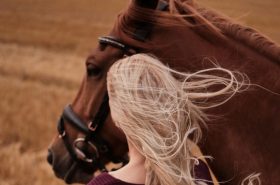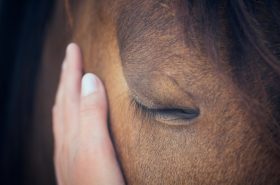Regularly monitoring your horse’s vital signs is important, as they are often the first indicators that your horse isn’t feeling well, especially when there are no other symptoms present. Keeping a record of your horse’s vital signs also provides helpful information for you, and your veterinarian, to have a basis of what is normal for your horse, and what is not.
The categories that make up your horse’s vital signs are:
- Temperature
- Pulse/Heart Rate
- Respiratory Rate
- Gut Sounds
- Capillary Refill Time
- Mucus Membrane Color
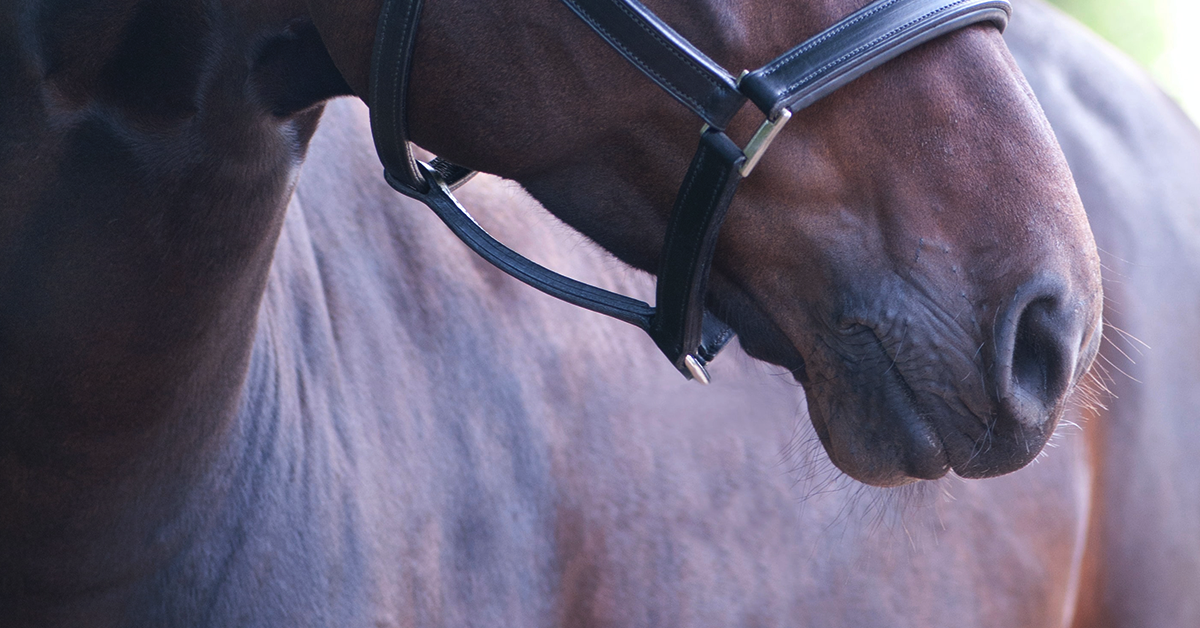
T.P.R.
In this blog we are going to focus on what you need to know about the first three vital signs, also commonly referred to as T.P.R. It is easy enough to check the rest of the vital signs on the list while you are grooming your horse, or by doing a quick body check.
Temperature
What you need to know – A horse’s body temperature is normally between 99 – 101 degrees Fahrenheit. That number will fluctuate depending on climate, stress, and exercise, so it is a good idea to know what your horse’s temperature is during different circumstances to know what is normal for your horse. If your horse’s temperature ever runs over 102 degrees then it is time to consult your vet, as this could be the first indication that something is not right.
How to take your horse’s temperature – You are going to want to make sure you have a thermometer in your equine first aid kit, as well as some alcohol, and paper towels handy to clean the thermometer after using it. The most accurate way to take your horse’s temperature is rectally; you may need a lubricant to help insert the thermometer. You’ll want to attach some string to your thermometer and be sure you have a tight grip on it while you take its temperature. Also, be sure you stand to the side of your horse while taking its temperature, that way you are in the safest position possible should your horse decide to kick out.
Pulse/Heart Rate
What you need to know – The typical heart rate for adult horses is between 30 – 40 beats per minute. Like temperature, your horse’s heart rate will rise in different circumstances, especially during exercise, but it should always come back down to the resting rate. If your horse’s heart rate remains elevated after a sufficient rest period following exercise or is elevated while your horse is at rest, it may indicate that your horse is experiencing pain somewhere in his body. A consistent rate over 40 at rest means you need to consult your vet.
How to check your horse’s heart rate – There are a couple of ways that you can check your horse’s pulse. One option is using a stethoscope to listen to your horse’s heart, or the other option is to place your index and middle finger under your horse’s jaw till you find a pulse, and then count the number of beats per minute.
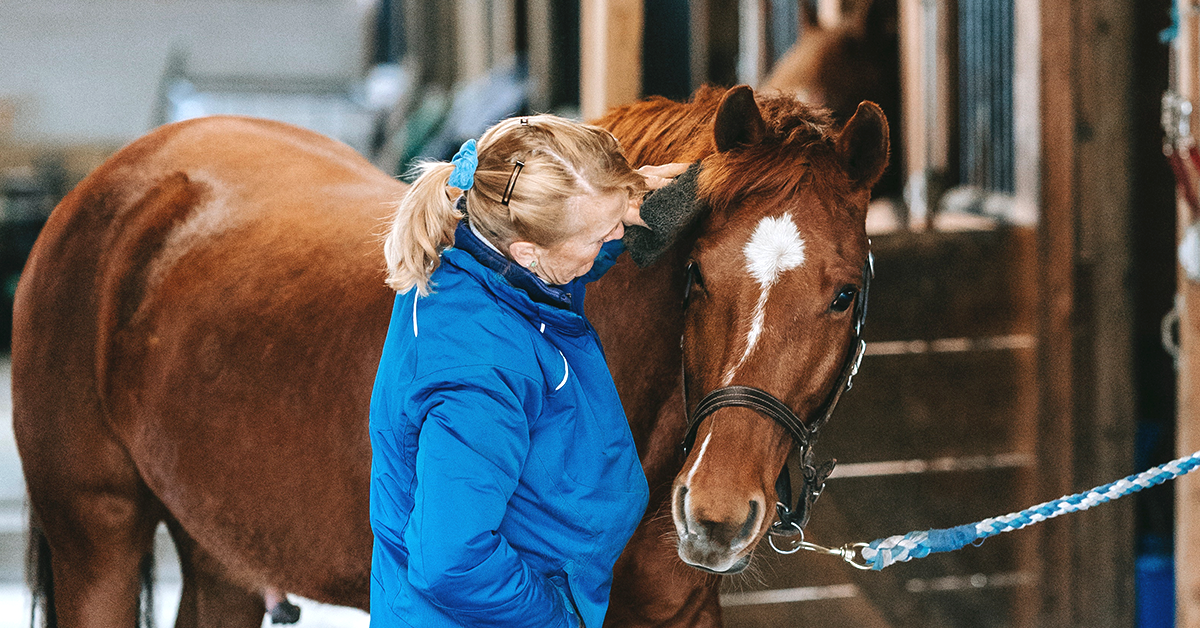
Respiratory Rate
What you need to know – The average breaths per minute for an adult horse is between 8 – 15 breaths per minute. As with all the other vital signs, this number will change with stress, exercise, and climate, but on average your horse should be in the 8 – 15 breaths per minute range at rest.
How to check your horse’s breathing rate – With most horses you can easily see their sides expand as they inhale, and contract as they exhale, simply count the number of times your horse’s body expands in one minute, and you will have your horse’s breaths per minute.
It Never Hurts To Ask
If you have never checked your horse’s vital signs before, and you would prefer some hands-on training, I would highly encourage you to ask your veterinarian to demonstrate for you the next time they are out. Checking your horse’s vitals regularly will also help your horse to become more accustomed to the procedures, and make routine checkups a little easier for your veterinarian as well.
Leave us a comment and tell us how you keep track of your horse’s health!
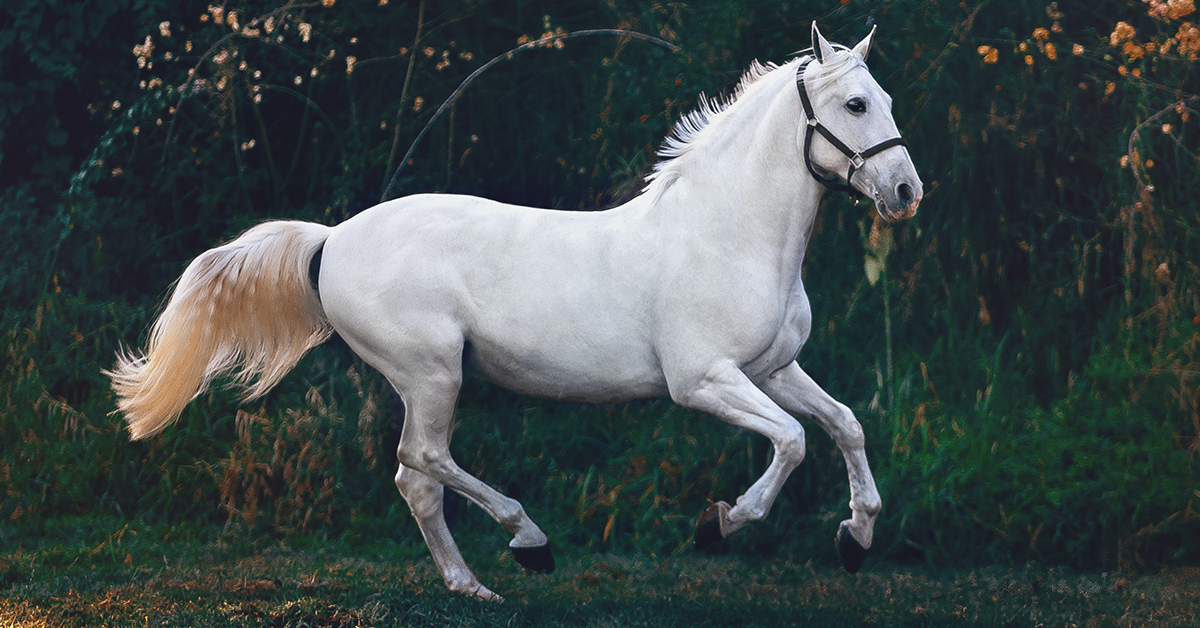
Love this blog post? We think you will like Brrr… Is Your Horse Cold? by Emily Fought.

